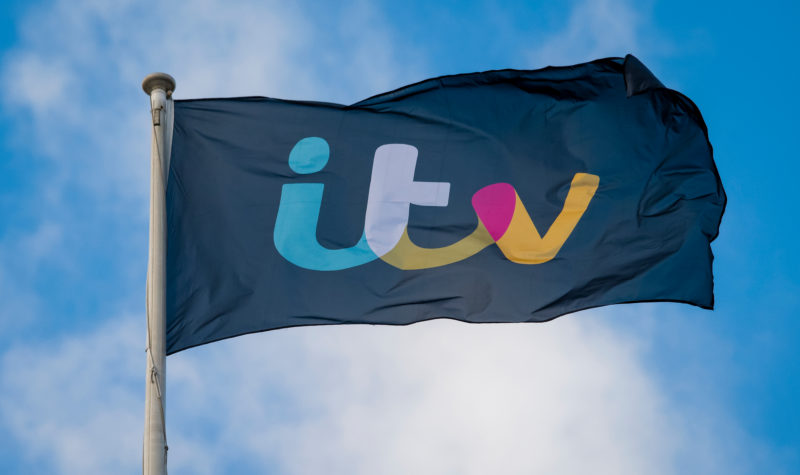Do ITV and BT’s share prices offer recovery potential?

Technology, media and telecoms sector firms ITV (LON: ITV) and BT (LON: BT.A) have delivered extremely poor share price performances over recent months. In fact, since the start of the year they have declined by 45% and 18%, respectively, as investor sentiment has waned.
Clearly, an uncertain economic outlook could weigh on their performances over the short run. But, on a long-term view, could they offer recovery potential based on their wide margins of safety and recent quarterly updates?
ITV
As a cyclical business that is highly geared towards the performance of the economy, it is perhaps unsurprising that ITV’s share price has come under severe pressure over recent months. After all, consumer confidence is at its lowest level since records began in 1974 as a cost-of-living crisis looks set to ramp up over the coming months.
The media company’s latest results suggest it is performing relatively well, however. For example, total revenue increased by 8% in the first half of the current year as ITV Studios generated a 16% increase in sales and the firm’s overall advertising revenue rose by 5%. While profit fell by 3%, this was partly due to increased investment in content, data and technology as key shows returned post-Covid.
The firm has also made progress in its ambition to generate £750m in digital revenues by 2026. Its new streaming service, ITVX, is due to launch in the final quarter of the year. It could improve the company’s competitive position versus other streaming services since it is funded by adverts and is free for users.
With a net debt-to-equity ratio of just 35%, ITV has the financial means to survive a period of weak economic performance. Moreover, its net interest costs were covered over 13 times by operating profit in the first half of the year. This shows it can withstand a fall in profit in the short run to benefit from a long-term economic recovery.
Trading on a forward price-to-earnings ratio of 5, the ITV share price offers a wide margin of safety. Over the long run, it appears to have significant recovery potential.
BT
BT’s share price has also suffered from an uncertain outlook for the economy. Consumers may seek to trade down to cheaper broadband and TV packages in response to exceptionally high levels of inflation. And with many businesses facing a tough outlook, they may seek to cut telecoms costs over the coming months.
The company’s recent quarterly results showed that it continues to deliver a relatively disappointing financial performance. Indeed, revenue in the first quarter of the year increased by just 1%, while pre-tax profit was 10% down on the same quarter of the prior year. Although the firm is making progress in areas such as maintaining a relatively low customer churn rate and in rolling out its fibre offering, it is difficult to see an obvious catalyst that will boost its share price.
Of course, there have been rumours about whether the firm is set to become a takeover target. Meanwhile, its decision to enter into a sports joint venture with Warner Bros Discovery could improve its market position. However, even though its shares trade on a forward price-to-earnings ratio of just 7, there appear to be more attractive risk/reward opportunities available elsewhere in the FTSE 350.
Bt. Service engineers striking. Packages more expensive than competitors. It’s reduced price division Plusnet (who used to be a fantastic little buisness) has been starved of fttp (fibre to the premises) by the mother ship while competitors sell the same fttp provided by bt. Openreach while it has gov contracts is worthwhile. In general, avoid, I can see no reasons to buy.